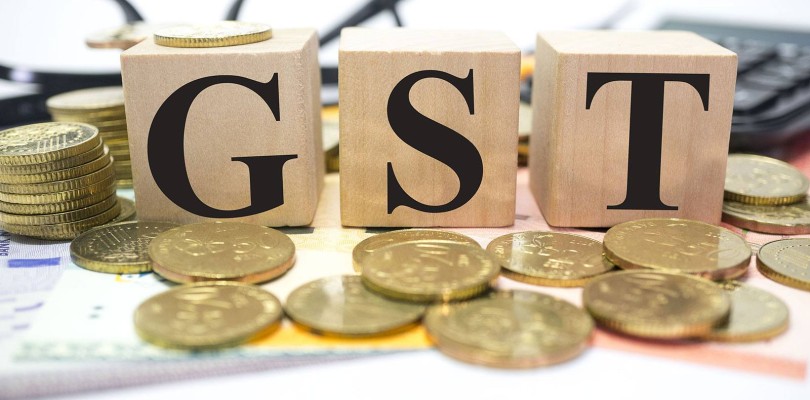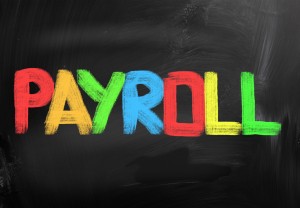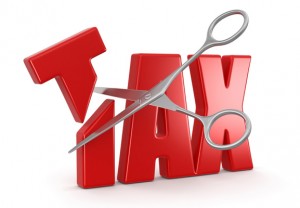Understanding your GST requirements
Many business owners are often confused about their GST reporting obligations and whether or not they need to register. If this applies to you, keep reading to discover everything you need to know.
What is GST?
It is a tax on goods and services.
What do you need to know?
Some of the more important things to know are:
- it is levied at a rate of 10%;
- it is ultimately paid by consumers who are the end users of goods and services;
- it is levied on most goods, services and other items sold or consumed in Australia;
- certain types of supplies are GST free. Examples include certain fresh foods, exports and medical supplies, but most are subject to GST;
- certain real estate sales are subject to GST (e.g. sales of commercial property), while others are not (e.g. resale of residential property, business premises sold as part of an ongoing business and most working farms);
- businesses that purchase goods or services to use as part of the product or service that they supply to consumers may receive a refund of the GST they pay;
- only certain businesses are required to register for GST, which is currently those with a GST turnover (i.e. revenue) of greater than $75,000 per annum;
- if you are registered for GST, you must complete a regular Business Activity Statement (BAS), lodge it with the ATO and remit your GST collections to the ATO.
How does GST work?
It is charged at a rate of 10%, which means that you simply add 10% to the price you charge customers for goods or services you supply to them.
When you purchase goods and services most will include GST. Once you are registered for GST, you can claim this back when you complete and lodge your BAS.
Do you need to register?
You must register if:
- your business has a gross income of $75,000 per year or more
- your non-profit organisation has a turnover of $150,000 per year or more
- you provide taxi or limousine travel for passengers in exchange for a fare as part of your business, regardless of your turnover – this applies to both owner drivers and if you lease or rent a taxi
- you want to claim fuel tax credits for your business.
If you’re not registered for GST, check each month to see whether you’ve reached the threshold, or are likely to exceed it. If your turnover exceeds the relevant threshold, you must register within 21 days of reaching it.
If you don’t register for GST and are required to do so, you may have to pay GST on the sales you have made since the date you became required to register. This could happen even if you did not include GST in the price of those sales. You may also have to pay penalties and interest.
Paying GST and your cash flow
As a GST registered business, you charge and collect GST. If the amount you collect is more than the amount you are claiming, you pay the difference to the ATO when you lodge your BAS.
Most businesses do this either monthly or quarterly, so it’s important to put aside funds to cover these payments. Also, there are two ways of working out the GST payable which we can assist with.
As accountants who specialise in helping small businesses, contractors, the self-employed and tradies, we can help you with not only the registration process but also your reporting obligations. We make this process simple and stress free, ensuring you never miss an important lodgement date. We provide a fixed price service and will send reminders to you, so you can get on with running your business.
Other related blogs:
Monthly checklist for your small business
Tips for managing debtors when you’re self-employed








Comments are now closed for this article.